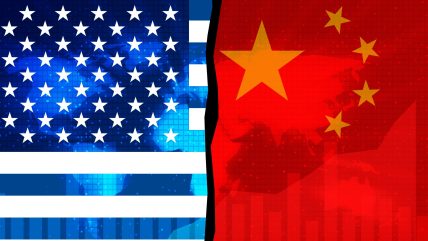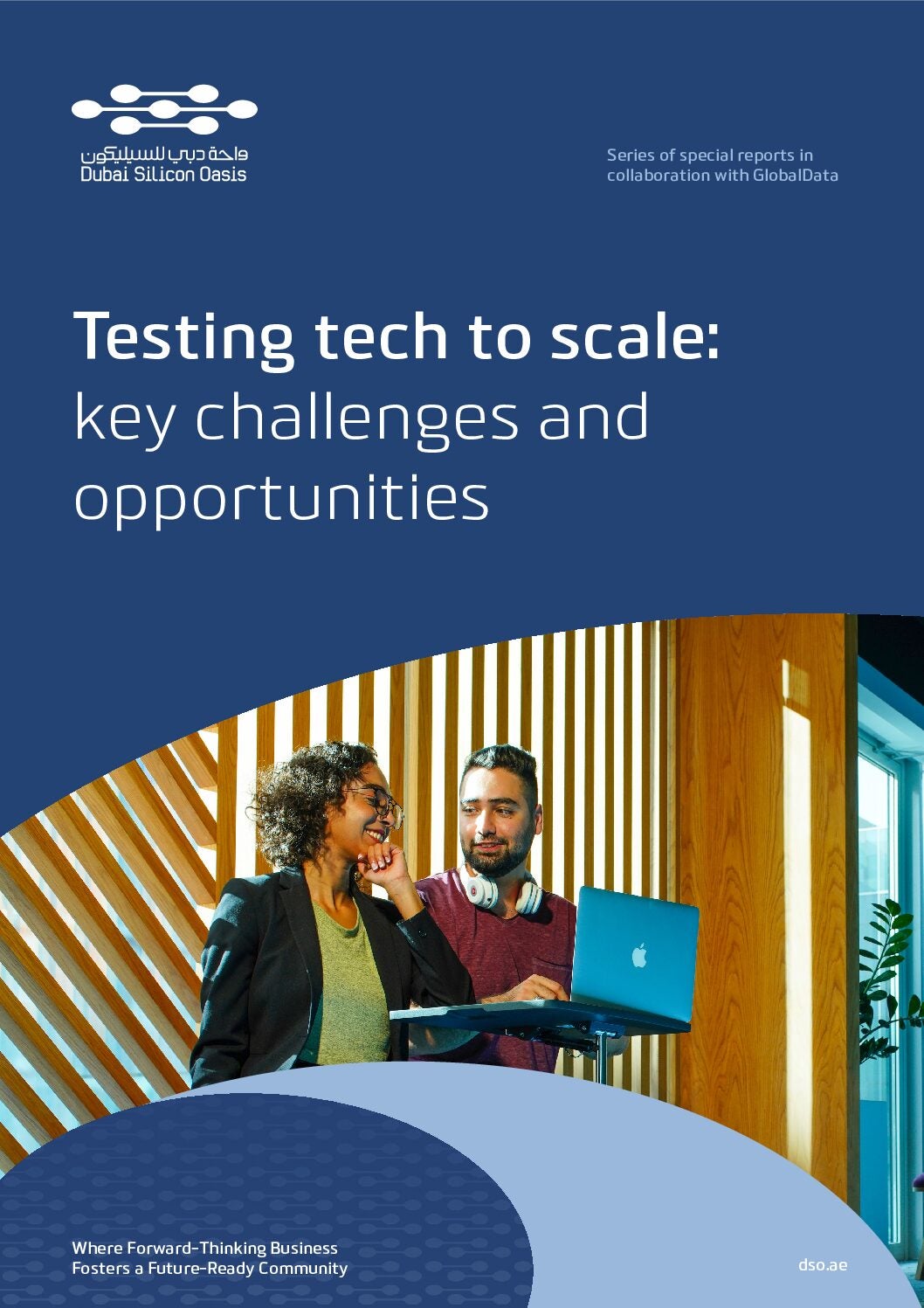
The ongoing US-China trade war has already affected sectors from AI to agriculture and shows few signs of slowing. Now the conflict is spilling into medicine, leaving some Chinese biotechnology companies in the cold. Whilst the sector’s collaborative nature has generally protected subsidiaries operating in the US, two recent legislative moves suggest that this is changing.
The first is a bill introduced on 25 January by two leading members of the US’ Select Committee on the CCP (Chinese Communist Party) that hopes to ban federally funded medical providers from using the services of any Chinese biotechs, particularly BGI Group, MGI and WuXi Apptec. This would effectively ban the companies from the US market. The bill argues that due to the CCP’s legal ability to view private data held by any companies based in its territory, handing over genetic data to them constitutes a national security risk.

US Tariffs are shifting - will you react or anticipate?
Don’t let policy changes catch you off guard. Stay proactive with real-time data and expert analysis.
By GlobalDataA Reuters investigation from 2021 shows that these fears are not entirely unfounded. BGI – formerly Beijing Genomics Institute – has been shown to work with the People’s Liberation Army (PLA) of China in gene sequencing, as well as storing data from millions of prenatal tests globally in China’s gene database. However, Reuters found no evidence of this data being misused, and the company has stated that it has never provided or been asked to provide genomic data to Chinese authorities.
The question of what exactly China would do with US genomic data is open, though the bill’s proponents have some ideas. Chairman of the group Mike Gallagher suggested it could “potentially even [be used] to develop a bioweapon used to target the American people.”
This bill was followed up on 12 February by a letter from members of the Select Committee arguing for specific sanctions against WuXi AppTec, a multinational biotech and medical devices company headquartered in Shanghai. The letter claims that the company has ties to the PLA and as such represents a threat to national security, a claim it strongly denies. A statement on its website states that “WuXi AppTec has a strong track record of upholding the highest intellectual property, data and privacy protection standards, as well as maintaining the trust of our customers.” The company has in the past worked with Pfizer, AstraZeneca and GSK, amongst others.
The impact of this distrust can be felt beyond the legislative world. MGI, a Chinese company posed as an alternative to the embattled biotech Illumina, can decode a genome for around $100, according to Endpoints News. Yet the firm, headquartered in Shenzhen, is facing headwinds due to its links to BGI, the publication reports. Fears over legislation are limiting the number of labs and hospitals willing to work with the company, both for security and cost reasons.
Collaboration saves lives
A 2019 report by the US-China Economic and Security Review Commission into China’s biotech development notes the potential security risks but does not view them as major concerns. On the topic of intellectual property theft, the report notes that “this reality is not limited to China […] and is generally inherent to high-innovation industries.”
While it does recommend that the US encourage Chinese biotechs to move towards international norms in terms of data sharing, it suggests a range of options from free-trade agreements to tariffs with no mention of sanctions.
It is also clear that the US’ biotech industry is not under threat from China given the significant gap in market size ($4.7-$6.2bn compared to $118bn) and states that “integration and collaboration run deep, and […] disrupting these linkages would bring high costs for innovation, US welfare and public health.”
This is particularly true after a difficult year for the biotech sector in 2023. In January, GlobalData’s senior director of market research Urte Jakimaviciute commented in a press release that “biotech’s funding and investors are faced with current market uncertainty. […] There were many challenges and changes for the global economy in 2023,” and noted escalating China-West tensions as a key factor in that uncertainty. These recent moves to remove Chinese businesses from the US are likely to have a dampening effect on a market already struggling to recover.






